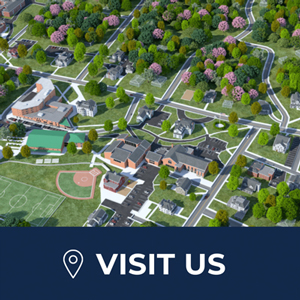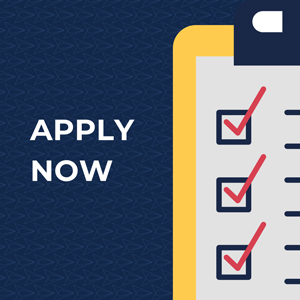B.S. in Exercise Science

Exercise Science
The B.A. in Exercise Science major immerses students in a CoAES accredited curriculum that provides a comprehensive understanding of Exercise Science (exercise physiology, strength and conditioning, clinical and laboratory exercise testing, performance assessment and fitness and wellness principles) to address the multi-disciplinary nature of the field of exercise science.
Graduates of the program will be well positioned to pursue graduate studies in the fitness, wellness, sports performance, and medical fields or professional employment. The goal of the program is to produce well-educated, highly skilled, nationally-certified professionals for the dynamic and diverse field of exercise science.
Program Features
The Excercise Science degree program features many extracurricular opportunities to give students leadership/team experience and portfolio material.
- The program offers multiple unique internship experiences in the greater Boston area.
- Seminar learning opportunities, and courses that exemplify Lasell's unique Connected Learning environment, facilitated by faculty with noted industry experience.
- Students complete a minimum of one industry-relevant internship and will come out of the program ready to create actionable insights.
Do you want to be an Athletic Trainer?Students are required to earn a master's degree from a CAATE accredited program to become an athletic trainer. Lasell's Exercise Science degree is a pathway to our Master of Science in Athletic Training. |
What You'll Learn
From your first day, you’ll take courses in your major and advance towards graduation with a yearly plan. Not sure what classes to take? We’ll help you create the perfect plan.
Learning Outcomes
- Interact professionally and educate clients, patients, peers, colleagues and medical/athletic personnel.
- Apply a team approach to client and patient care.
- Adhere to the American College of Sports Medicine (ACSM), National Strength, and Conditioning Association and National Academy of Sports Medicine code of ethics.
- Deliver client/patient-centered services and care 4. Model professional conduct and behavior
- Advance knowledge through the use of evidence-based practice
- Exhibit knowledge in core exercise science content areas as defined by the Committee on Accreditation for the Exercise Sciences (CoAES). Lasell University CoAES data.
For a complete list of courses and learning outcomes, view the Academic Catalog >>
|
Career Success in the Exercise Science Industry
Exercise Science majors are prepared for careers in strength and conditioning, health fitness instruction, personal trainers, or graduate programs in exercise, athletic training, and more.
Our students have interned with:
- Newton-Wellsley Hospital
- Brigham and Women's Hospital
- Atrius Health-Harvard Vanguard
- BIOZOO Peru
Our alumni have careers in:
- Nursing
- Physical Therapy
- Occupational Therapy
- Biotechnology
- Biomedical research












 Accelerated Master's Program
Accelerated Master's Program

